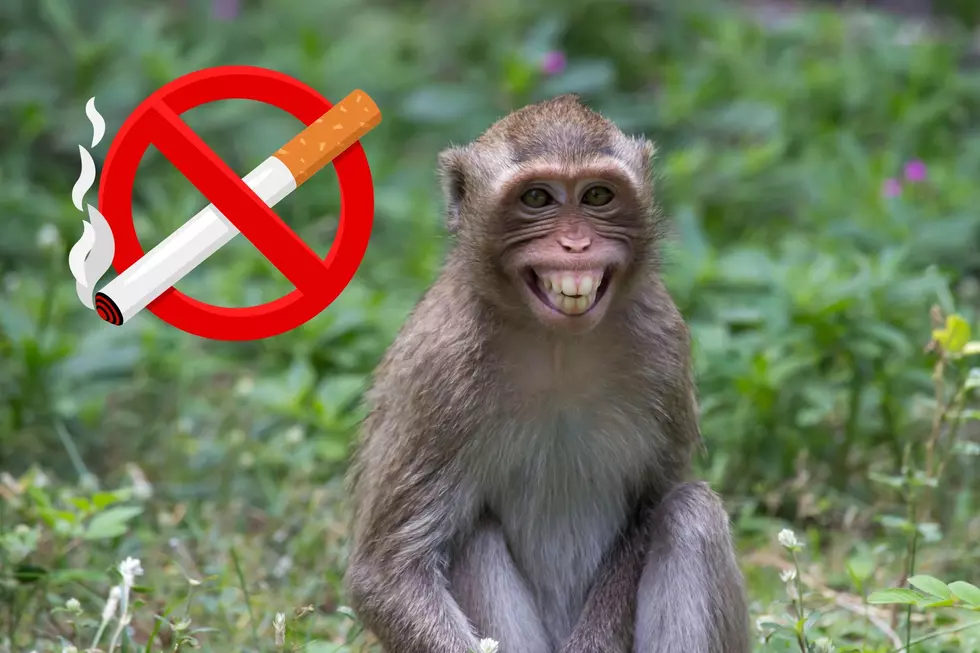
Tips to Protect Pets and Other Domestic Animals During Extreme Cold Temperatures
With the cold weather here, and seemly to stay despite some unseasonably warm days earlier this winter, now is a good time to brush up on how you can protect your pets - or that stray you spotted in your yard - from the frigid temperatures.
It should go without saying that if it is below freezing outside your pets should be brought inside - even if they are normally accustomed to spending time outdoors. In the event that they must be left outside for some reason, there are certain conditions that must be met to keep them safe.
Our friends at Evansville 411 News shared some helpful information. If you are leaving your dog outside - and again, the most safe and humane thing to do is bring them inside - they need adequate shelter. A shelter that is insulated is a must, and it should have a wind block on its entrance. It should be raised off of the ground if possible and clean, dry straw should be provided as bedding.

**I am going to point out a flaw in the infographic shared by Evansville 411. It says that "warm dry blankets or dry straw" are suitable bedding materials but this is not true. Blanket or anything that is cloth should be avoided as it can become wet or damp and actually freeze to the animal and cause hypothermia.**
It is also recommended that a heated water bowl be used to ensure accessibility to water for drinking.
In the event that you have a feral cat or two in your area, you can provide shelter by way of a "weather-safe container" that is equipped with proper bedding (straw is ideal - and again, blankets or cloth should be avoided). The container should have a small access hole large enough to allow entry by a cat but it should be small enough to keep out any predators. Learn how to make a DIY shelter to protect feral cats from the cold.
Evansville 411 News also reminds us that if you see an animal in distress that you can contact Evansville Animal Care and Control or outside of business hours, call 911.
If you see or know of an animal left outdoors or one in distress call Evansville Animal Care & Control (Official) at (812) 435-6015. If it’s after hours call 911 and the police can reach an Animal Control officer. There is always someone on duty.
The bottom line is that as humans, it is our responsibility to look out for the animals both in our care and those that have found themselves fending for themselves. For additional tips, view the original post from our friends at Evansville 411 News.
[SOURCE: Evansville 411 News]
RANKED: Here Are the 63 Smartest Dog Breeds
Most popular small dog breeds that won't make you sneeze
LOOK: Here Are 30 Foods That Are Poisonous to Dogs
More From WKDQ-FM









